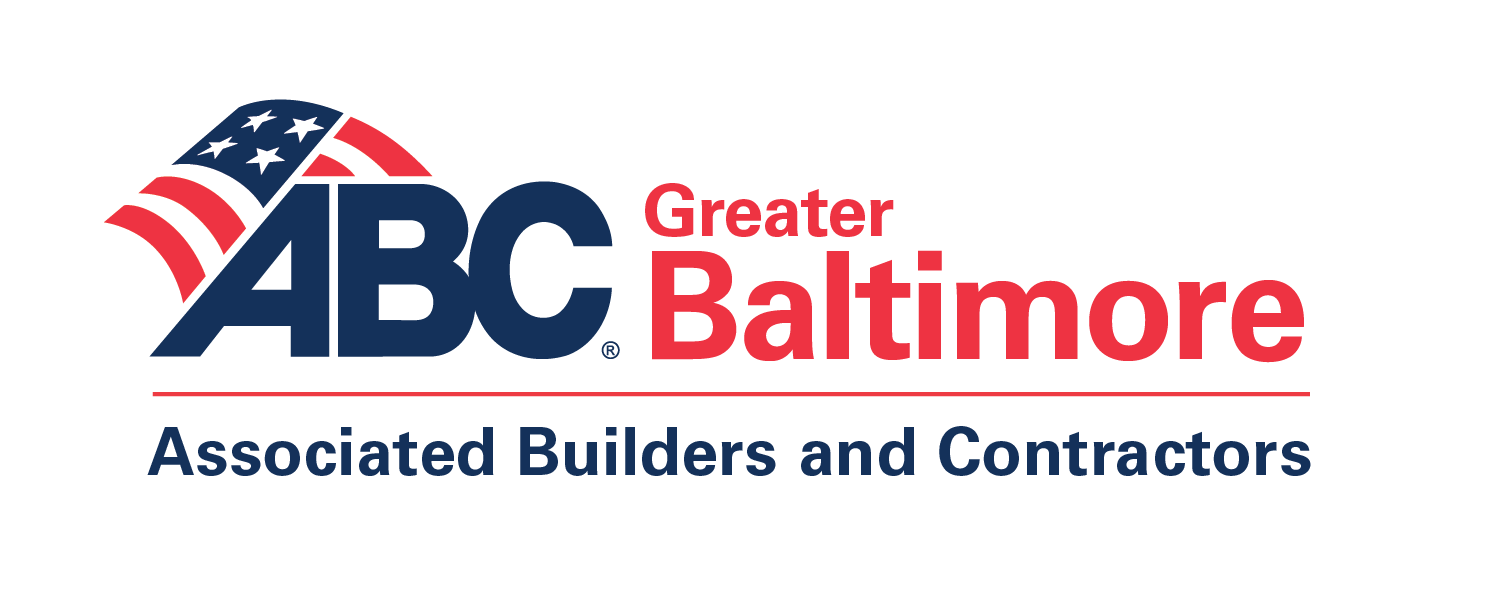Legislation was introduced last week that would increase Baltimore City’s minimum wage by an astounding 81 percent over the next four years.
“All we have heard from our elected officials and community leaders the past year ¬â€œ and rightly so ¬â€ is how badly we need to address high unemployment among entry-level workers and our youth.” said Mike Henderson, president of Associated Builders and Contractors, Baltimore Metro. “This group will be one of the first casualties of such a dramatic leap in the minimum wage.”
Economists on both sides of the minimum-wage argument do agree on one thing: when the minimum wage exceeds more than 60 percent of the median wage in an area, the result is a net loss of jobs. In the case of Baltimore City, a $15 minimum wage ($31,000 annualized) would be 75 percent of the median wage ($41,819). “The job loss would be staggering,” said Henderson.
Henderson said the economically disadvantaged, those for whom minimum wage increases are intended to help, are the ones most harmed, particularly when the increases are this dramatic. “If wages rise by 81 percent, what do they think will happen to the cost of goods and services in the City?”
Increased prices of goods will negatively affect city residents that are dependent on public transportation. Those city residents better off financially will have the ability to escape to the suburbs easily for goods and services to avoid the price hikes.
The increased minimum wage will greatly hurt teen unemployment, which is already sky high in Baltimore City. The Baltimore Sun reported in 2015 that 16 to 19 year olds in Baltimore have an unemployment rate of more than 40 percent. If a business must raise wages, they will be more likely to hire a seasoned, experienced worker, rather than a teenager with no job history.
Currently, the minimum wage in Baltimore is $8.25, a dollar more than the federal rate. Baltimore is hoping to follow other cities, like Seattle and New York that have approved a $15 minimum wage. Unlike those two cities, however, Baltimore’s dramatically smaller economy and labor force is not able to withstand increases of that magnitude. Further, the changes in those two other cities are too new to determine what, if any fall-out, it will cause to the economy.
“This issue needs to be studied,” said Henderson. “The wrong move could be catastrophic to a City still on the mend from the recession and the unrest from last spring.”
